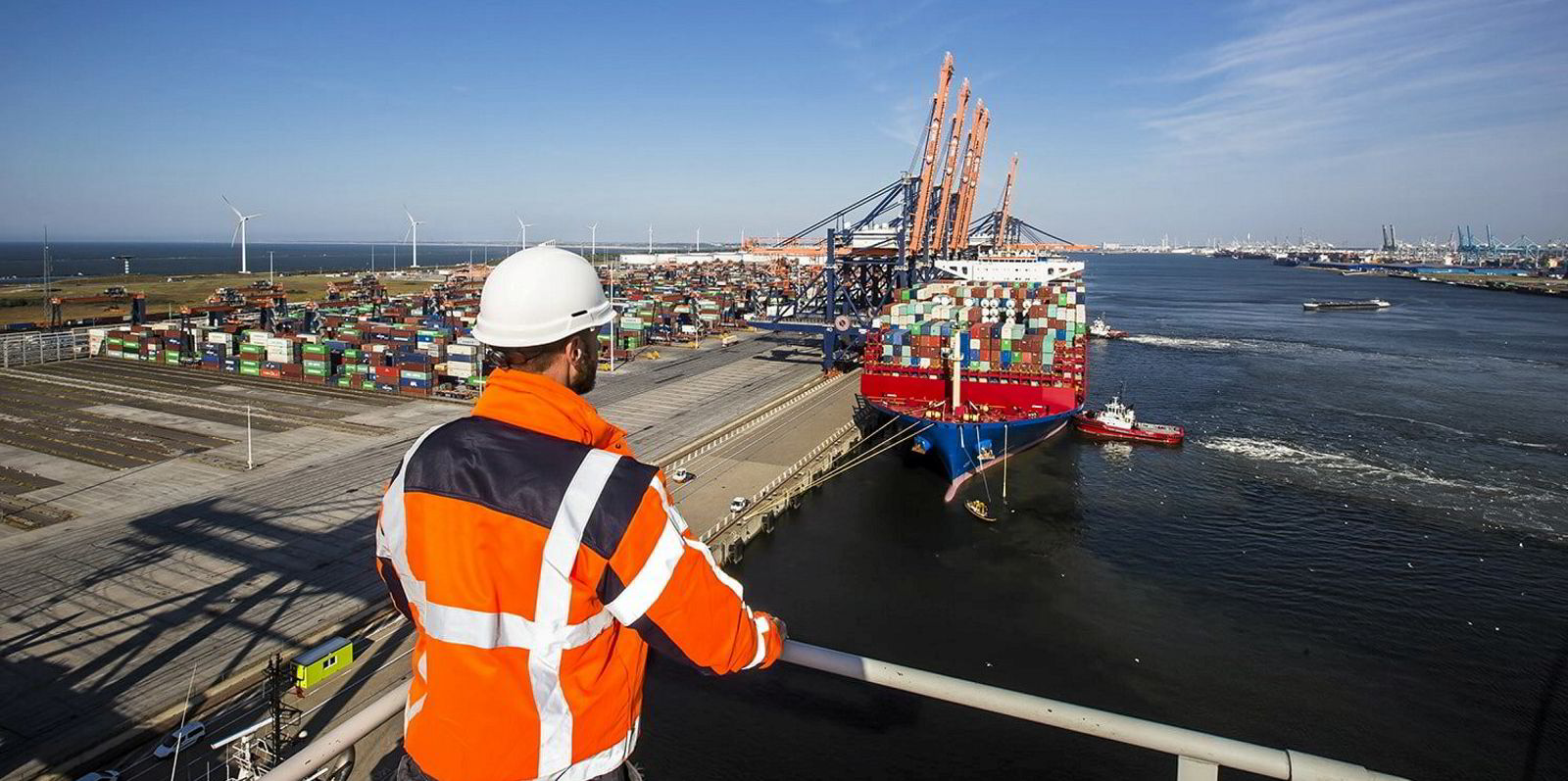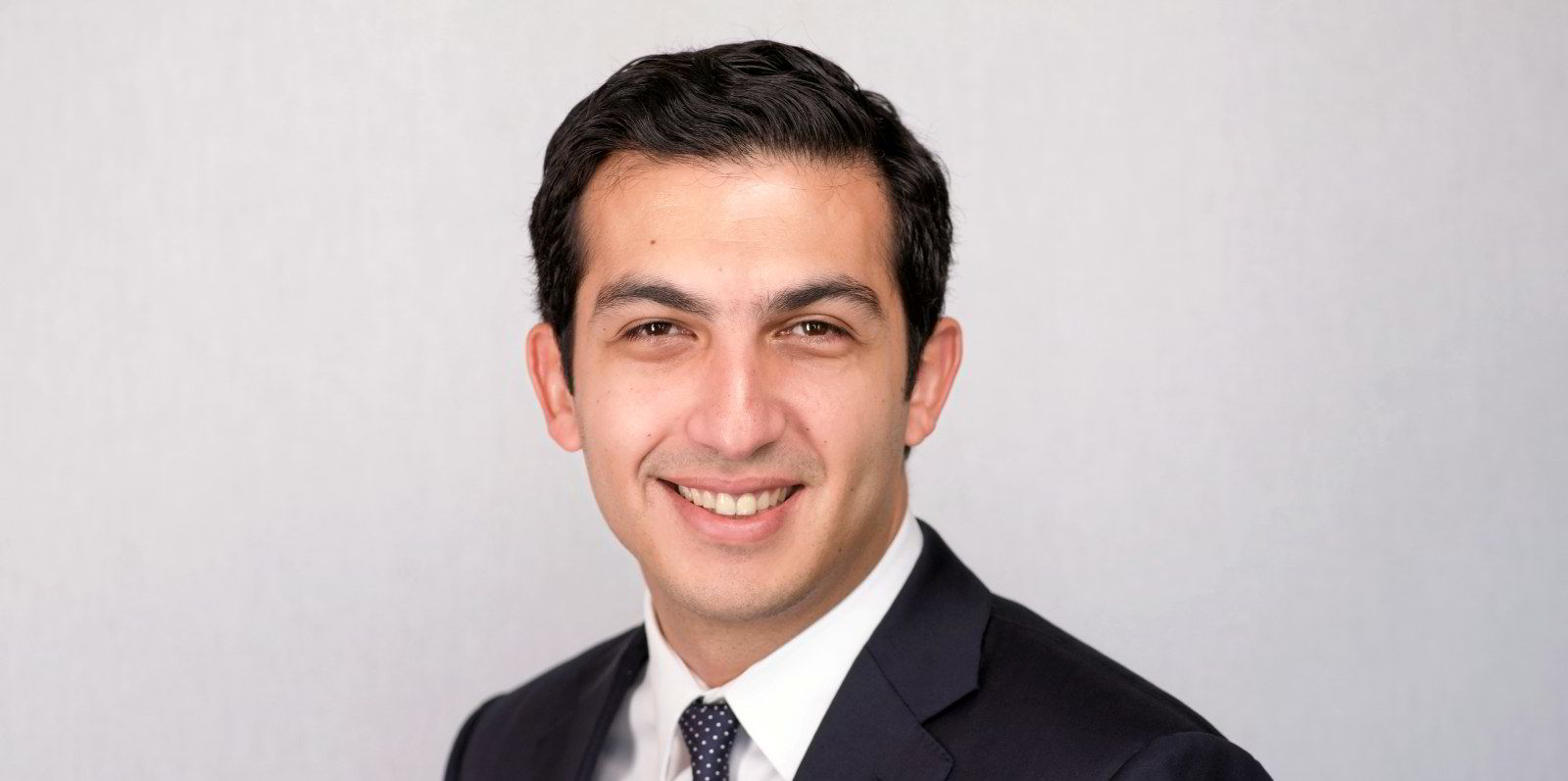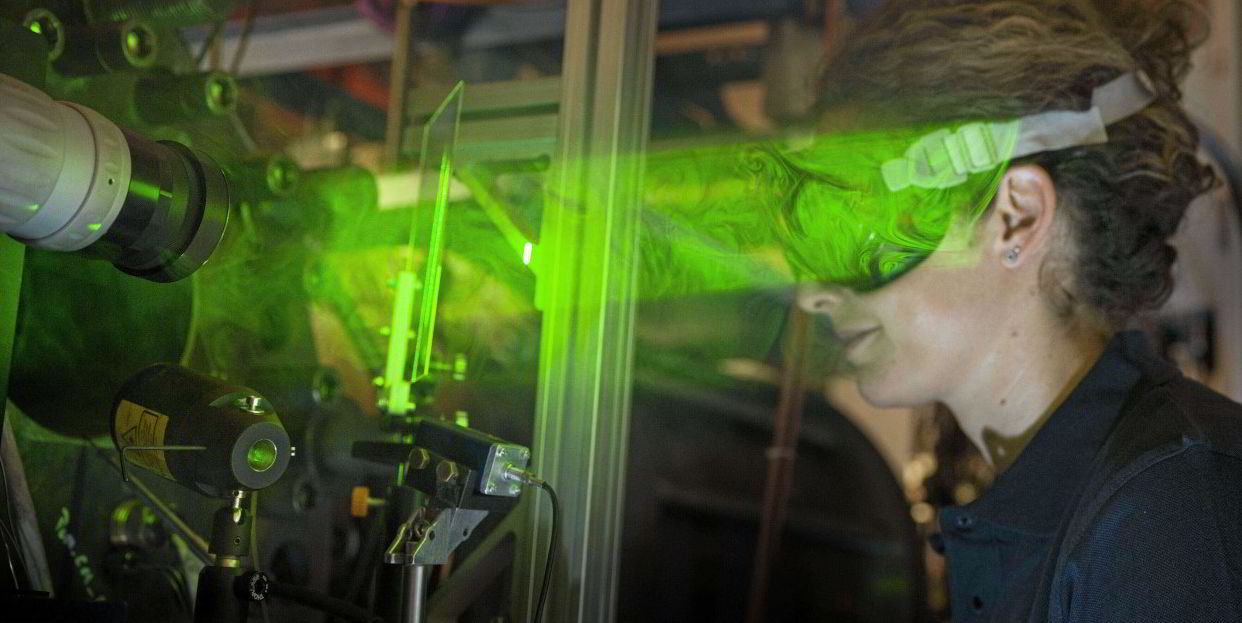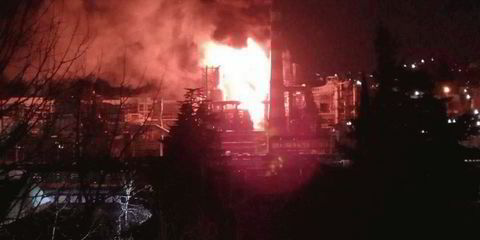Dutch fertiliser, fuels, and feedstock provider OCI is to spend $20m to triple the capacity at its ammonia import terminal in Rotterdam as its gears up to meet the emerging demand to supply bunkers for vessels and act as a hub for hydrogen.
OCI said it has taken a final investment decision on the first phase of the terminal expansion which will see the facility’s capacity expanded from its current 400,000 tonnes per annum to 1.2 million tonnes per ammun by 2023.
The company said the expansion will be achieved through low-cost upgrades to its existing infrastructure.
“The terminal is strategically located to facilitate emerging ammonia demand for bunkering to ocean-going vessels,” OCI said.
The company added that the facility “will also act as a hub for hydrogen imported in the form of ammonia from regions with ample natural gas and renewable resources such as the Middle East & North Africa to meet Europe’s expected future hydrogen deficit”.
OCI owns and operates the terminal and its accompanying infrastructure which is the only ammonia facility in the Port of Rotterdam.
In a planned second phase, OCI said it has completed a basic engineering package for the construction of a new “world-scale ammonia tank” at the terminal and plans to start permitting this year. Along with scaled-up jetty infrastructure, this will allow the throughput to be increased to over 3 mtpa.
Speaking about the initial expansion project, OCI chief executive Ahmed El-Hoshy said “never has this been as vital as it is now”.
He described it as a “milestone” and said it would enhance “a key ammonia import and future bunkering hub”.

El-Hoshy said the terminal will serve as an aggregation point for low-carbon ammonia
He said the terminal will provide essential ammonia to keep downstream fertiliser plants running today in a volatile global natural gas environment.
In the future he said the plant will “also offer low carbon ammonia to feed the Dutch and wider European hydrogen needs in power generation, marine fuels, and broader industrial value chains, thereby reducing dependence on fossil fuels”.
Port of Rotterdam chief executive Allard Castelain said the expansion fits with the port’s plan to be a carbon neutral port by 2050.
Castelain said this relates not only to the industry in the port area, but also shipping.
“Ammonia is not only a hydrogen carrier and a feedstock for the chemical industry, it’s also an important renewable fuel for the shipping sector,” he said. “To be able to bunker ammonia, steps such as OCI’s need to be implemented to increase the base.”
OCI, which produces ammonia and methanol, said these two products are “the ideal clean energy carriers and are the only practical alternative products that can drive decarbonisation of the global maritime industry”.






